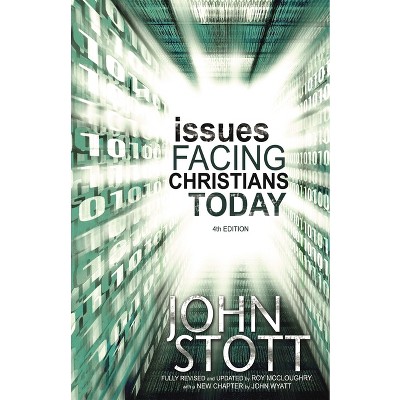Food Inequalities - (Health and Medical Issues Today) by Tennille Allen (Hardcover)

About this item
Highlights
- This book provides an accessible introduction to food inequality in the United States, offering readers a broad survey of the most important topics and issues and exploring how economics, culture, and public policy have shaped our current food landscape.
- About the Author: Tennille Nicole Allen, PhD, is associate professor at Lewis University, where she chairs the sociology department and directs the African American and Ethnic and Cultural Studies programs.
- 232 Pages
- Social Science, Agriculture & Food
- Series Name: Health and Medical Issues Today
Description
About the Book
This book provides an accessible introduction to food inequality in the United States, offering readers a broad survey of the most important topics and issues and exploring how economics, culture, and public policy have shaped our current food landscape.
Food inequality in the United States can take many forms. From the low-income family unable to afford enough to eat and the migrant farm worker paid below minimum wage to city dwellers stranded in an urban food desert, disparities in how we access and relate to food can have significant physical, psychological, and cultural consequences. These inequalities often have deep historical roots and a complex connection to race, socioeconomic status, gender, and geography.
Part of Greenwood's Health and Medical Issues Today series, Food Inequalities is divided into three sections. Part I explores different types of food inequality and highlights current efforts to improve food access and equity in the U.S. Part II delves deep into a variety of issues and controversies related to the subject, offering thorough and balanced coverage of these hot-button topics. Part III provides a variety of useful supplemental materials, including case studies, a timeline of critical events, and a directory of resources.
- Examines many different types of food inequality and explores how such factors as race, class, and gender can impact our access to and relationship with food
- Highlights important issues and controversies relevant to the topic, including equitable pay for food workers and the limitations of such welfare programs as the Supplemental Nutrition Assistance Program (SNAP, or food stamps) and government-subsidized school lunches
- Offers illuminating case studies that use engaging real-world scenarios to highlight key ideas and debates discussed in the book
- Provides readers with a curated Directory of Resources to guide their search for additional information
Book Synopsis
This book provides an accessible introduction to food inequality in the United States, offering readers a broad survey of the most important topics and issues and exploring how economics, culture, and public policy have shaped our current food landscape.
Food inequality in the United States can take many forms. From the low-income family unable to afford enough to eat and the migrant farm worker paid below minimum wage to city dwellers stranded in an urban food desert, disparities in how we access and relate to food can have significant physical, psychological, and cultural consequences. These inequalities often have deep historical roots and a complex connection to race, socioeconomic status, gender, and geography. Part of Greenwood's Health and Medical Issues Today series, Food Inequalities is divided into three sections. Part I explores different types of food inequality and highlights current efforts to improve food access and equity in the U.S. Part II delves deep into a variety of issues and controversies related to the subject, offering thorough and balanced coverage of these hot-button topics. Part III provides a variety of useful supplemental materials, including case studies, a timeline of critical events, and a directory of resources.About the Author
Tennille Nicole Allen, PhD, is associate professor at Lewis University, where she chairs the sociology department and directs the African American and Ethnic and Cultural Studies programs.










